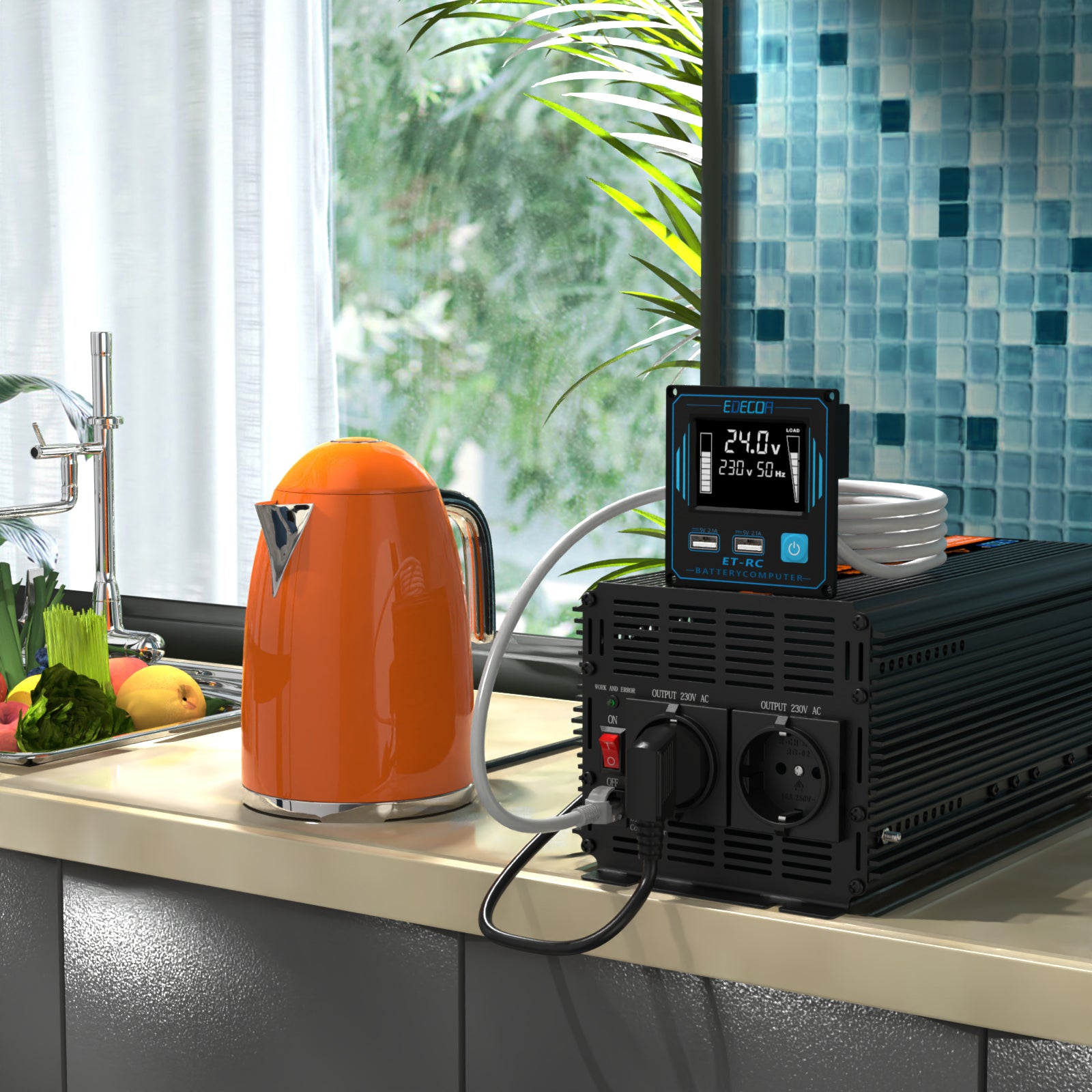The Heart of Inverters: IGBT
In today's world of technology, the Insulated Gate Bipolar Transistor (IGBT) plays a crucial role as the core component of inverters. It acts as an "adventurer" in the realm of electrical engineering, bridging the gap between power and electronics with its versatile and powerful capabilities.
What is IGBT?
IGBT can be described as a "super transistor" that combines the advantages of MOSFETs and bipolar transistors. It brings together the fast-switching characteristics of MOSFETs and the ability of bipolar transistors to handle high voltages, making it a valuable asset in power control. By controlling its gate signal, IGBT can swiftly switch and control high currents while withstanding high voltages.
Applications
This device finds widespread applications in industrial drives, renewable energy generation systems, and AC transmission systems, among others. Whether it's the air conditioner or refrigerator in your home or large-scale industrial drive systems, IGBT silently works behind the scenes. In the realm of renewable energy, such as wind and solar power generation, IGBTs are even more indispensable. They convert DC power to AC, enabling efficient operation of these systems.
Causes of IGBT Failure:
Overheating: IGBTs generate significant heat when operating under high loads. Poor heat dissipation or prolonged overload can lead to overheating, which damages the device's structure and performance, and may even result in permanent damage.
Voltage Surges: Voltage surges in the system can exceed the tolerance of IGBTs, leading to breakdown and device failure. This typically occurs during switching processes or when the system experiences power disruptions and restarts.
Overload Current: IGBTs face the risk of overload when the system carries an exceptionally high current load. Prolonged overload will result in overheating of the device and eventual damage.
Driver Circuit Failure: IGBTs require precise drive signals to ensure accurate switching operations. If the driver circuit fails, such as signal distortion or insufficient amplitude, it will affect the normal functioning of IGBTs.
Conclusion:
IGBTs are the most sensitive and vulnerable components in power inverters. They are also the most expensive and critical elements. Therefore, various measures should be taken to protect and safeguard these components.


Share:
MPPT: Key to Optimizing Energy Utilization
Solar Panels: Daily Electricity Generation in Practice